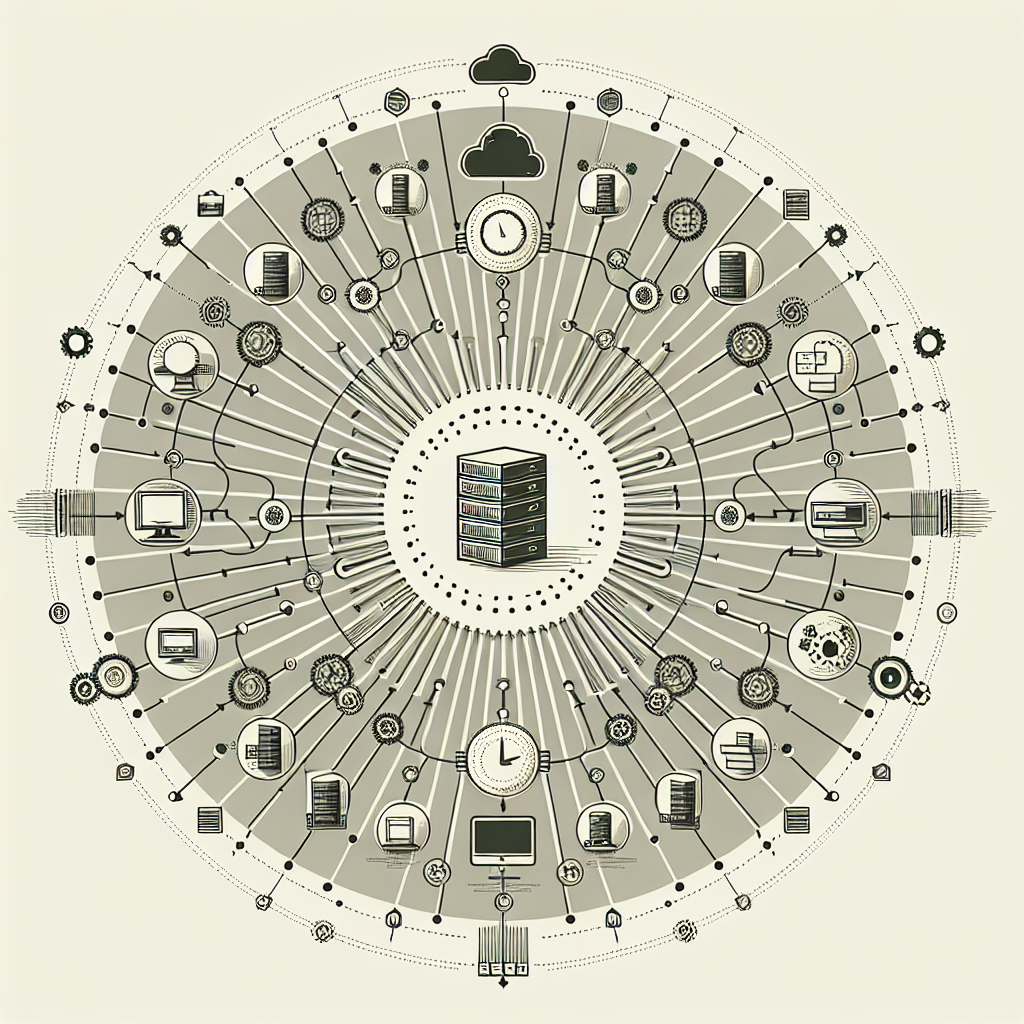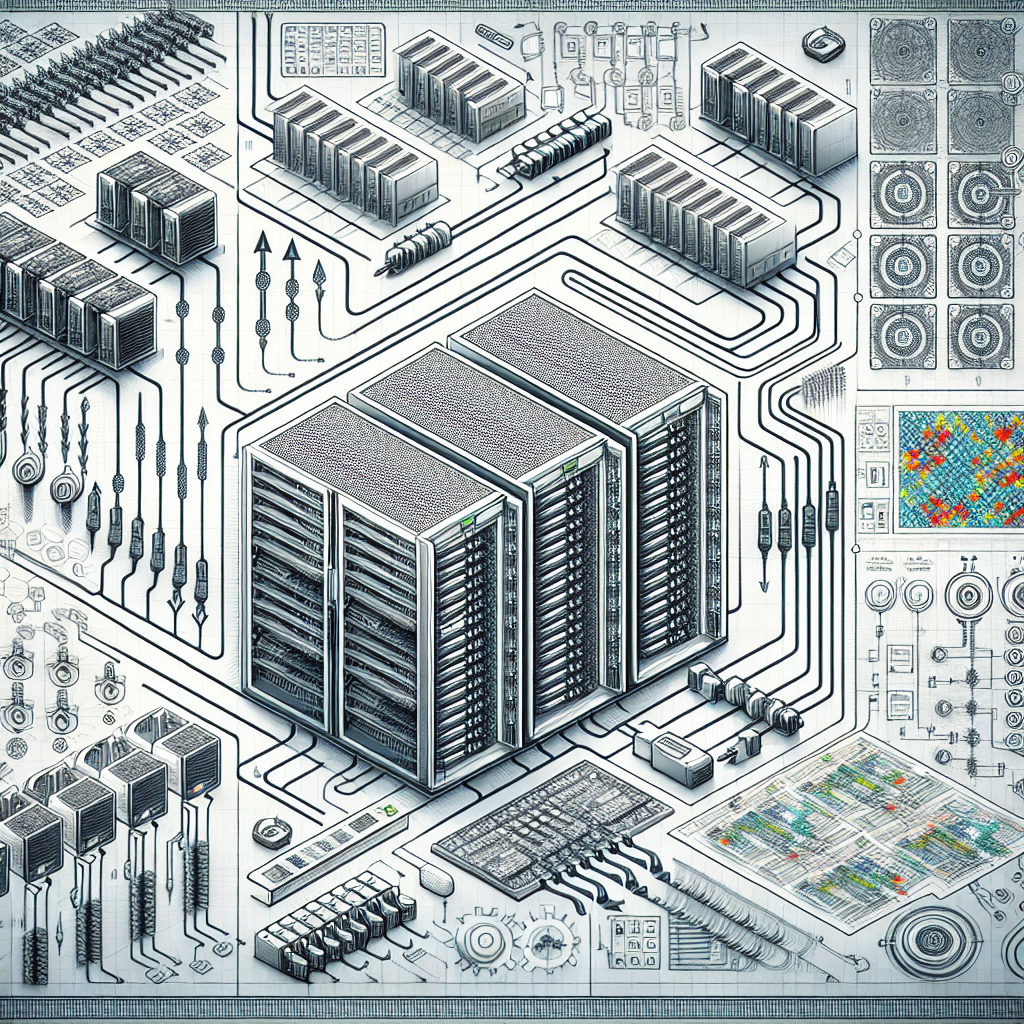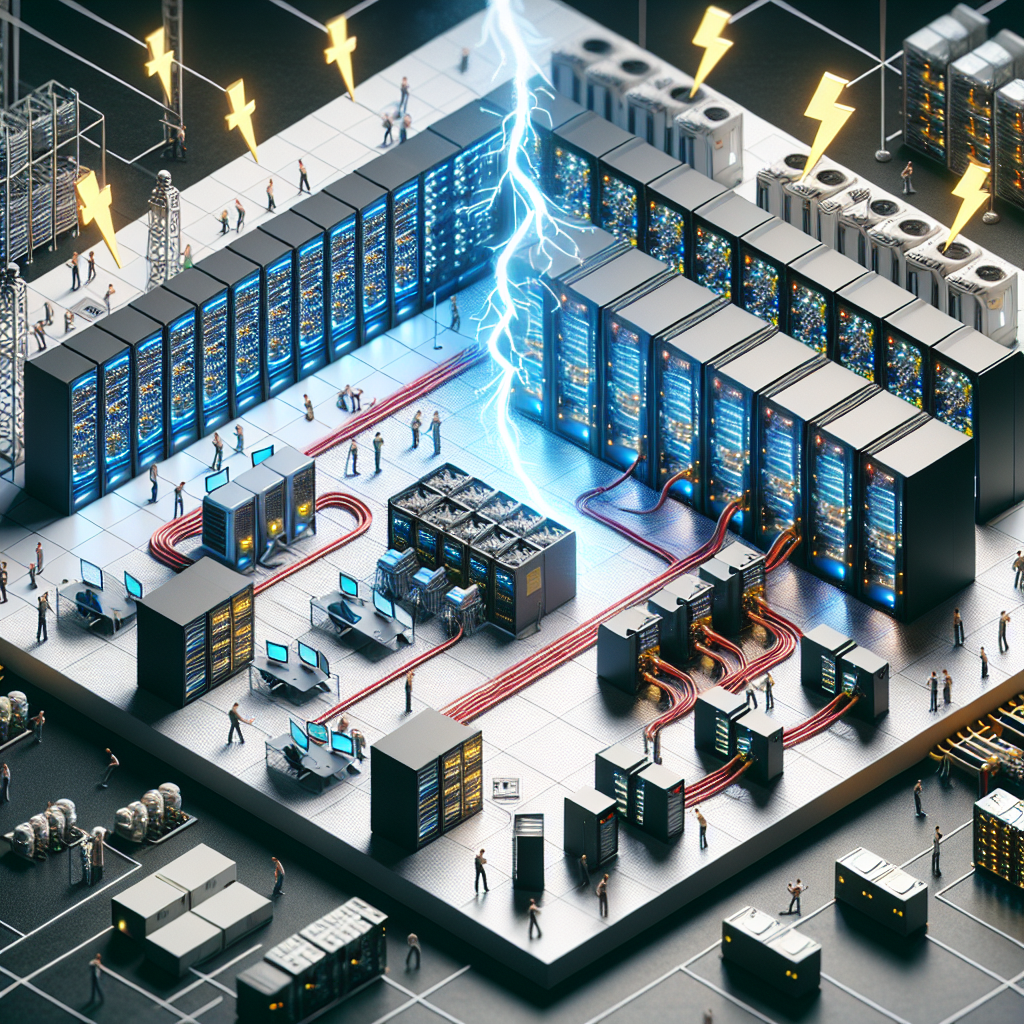In today’s fast-paced digital world, data centers play a crucial role in storing and processing vast amounts of information. As technology continues to evolve, the need for scalability and flexibility in data center network infrastructure becomes increasingly important. Scalability refers to the ability of a system to handle growing amounts of work or its potential to be enlarged to accommodate that growth. Flexibility, on the other hand, refers to the ability of a system to be easily modified or adapted to changing needs.
Scalability and flexibility are key factors in ensuring that data centers can meet the demands of today’s dynamic business environment. With the exponential growth of data being generated by various sources such as IoT devices, social media platforms, and e-commerce websites, data centers must be able to scale up their resources to accommodate this influx of information. This requires a network infrastructure that can easily expand to handle increased data traffic and storage requirements.
One of the ways to achieve scalability and flexibility in data center network infrastructure is through the use of software-defined networking (SDN) technology. SDN allows for the centralized management and control of network resources, making it easier to scale up or down based on demand. By separating the control plane from the data plane, SDN enables data center operators to dynamically allocate resources where they are needed most, improving efficiency and reducing downtime.
Another important aspect of scalability and flexibility in data center network infrastructure is the use of virtualization technologies. Virtualization allows for the creation of virtual instances of servers, storage, and networking resources, enabling data centers to maximize their utilization and adapt to changing workloads. By decoupling hardware from software, virtualization provides a more agile and flexible infrastructure that can easily scale to meet the needs of the business.
In addition to SDN and virtualization, data center operators can also leverage cloud computing and containerization technologies to enhance scalability and flexibility. Cloud computing provides on-demand access to a pool of resources, allowing data centers to quickly scale up or down as needed. Containerization, on the other hand, enables the deployment of applications in lightweight, portable containers, making it easier to move workloads across different environments.
Overall, scalability and flexibility are crucial considerations when designing and managing data center network infrastructure. By leveraging technologies such as SDN, virtualization, cloud computing, and containerization, data centers can build a robust and adaptable network that can meet the demands of today’s data-driven world. With a scalable and flexible infrastructure in place, data center operators can future-proof their facilities and ensure they can continue to support the evolving needs of their business.










